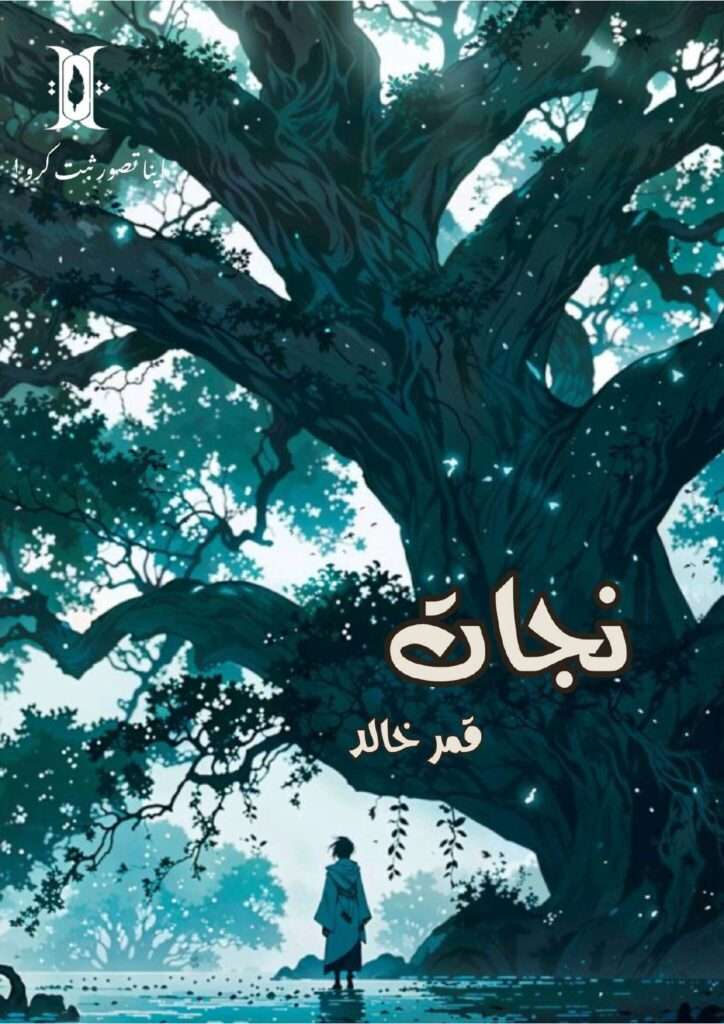زندگی عقل، احساس اور روح کا مرکب ہے۔ اگر ان تینوں میں سے ایک بھی فانی ہو جائے تو انسان نہ صرف علم و فہم سے عاری ہوتا ہے بلکہ اس کا وجود بھی بے معنی ہو جاتا ہے۔
Life is a delicate blend of intellect, emotion, and soul. If even one of these elements fades, a human being is left empty—not only deprived of knowledge and wisdom but also stripped of meaning itself. This central idea echoes throughout Urdu afsana (Urdu short stories), where writers often explore the fragile balance of existence through powerful storytelling. In this synopsis, we find a reflection of life’s essence, much like the timeless traditions of romance-based Urdu afsana, social commentary-based Urdu afsana, army-based Urdu afsana, fairy tale-inspired Urdu afsana, enemies to lovers tropes, and romantic suspense-driven narratives.
In the tradition of social commentary-based Urdu afsana, this concept points to the emptiness of a life disconnected from intellect, feeling, or spirituality. Just as classical and modern Urdu writers use social commentary-based tropes to critique hypocrisy, moral decline, and superficiality, this synopsis also reminds us that a human being without balance becomes meaningless. Readers searching for social commentary-based Urdu short stories that question society, identity, and morality will find relevance in this theme.
At the same time, the message carries undertones of romance-based Urdu afsana. The heart without feelings is lifeless, and love without intellect or soul becomes hollow. This is the very essence of romantic suspense found in Urdu literature—where lovers are separated not only by physical distances but also by the internal struggles of intellect, heart, and spirit. Those who seek romance-based Urdu afsana, tragic love stories, yearning narratives, separation and reunion tropes, enemies to lovers transformations, or fairy tale-like romances will feel that this synopsis carries all those subtle shades.
From another angle, this thought aligns with army-based Urdu afsana. In such stories, discipline and duty often clash with raw emotions and the spiritual longing of the heart. Soldiers may lose one aspect of themselves—perhaps emotion in the line of duty, or intellect in blind obedience—and thus their existence feels incomplete. The inner battle described here resembles the hidden wars in army-based Urdu stories that explore sacrifice, resilience, and the pain of losing humanity in the process. Readers of army-based Urdu afsana will recognize the same themes of endurance and emptiness that arise when life loses one of its key elements.
The dreamy dimension of this thought connects with fairy tale-inspired Urdu afsana. In magical, surreal, or allegorical stories, characters often lose their way when their intellect, emotions, or soul are compromised. This loss is portrayed through fairy tale tropes—mirrors that hide reality, kingdoms that collapse when truth fades, or enchanted journeys that symbolize the quest for wholeness. Readers who search for fairy tale Urdu afsana, allegorical Urdu short stories, or magical realism in Urdu fiction will resonate with this vision of incomplete humanity.
Moreover, the synopsis opens doors for tropes like romantic suspense, enemies to lovers, forbidden love, mystical sufism, tragic destiny, redemption arcs, social hypocrisy, survival against odds, and dreams versus reality. These tropes are the lifeblood of Urdu storytelling, from classical writers like Manto and Bedi to modern voices who blend traditional values with contemporary struggles. By weaving intellect, emotion, and soul into one frame, this synopsis mirrors the versatility of Urdu fiction.
Ultimately, this synopsis is more than philosophy—it is a mirror to the soul. It shows that without intellect, emotion, and spirit working together, life becomes shallow, stories lose their meaning, and existence itself feels void. Whether readers are searching for romance-based Urdu afsana, social commentary-based Urdu afsana, army-based Urdu afsana, fairy tale-inspired Urdu afsana, enemies to lovers narratives, or romantic suspense Urdu stories, this idea speaks directly to them.

